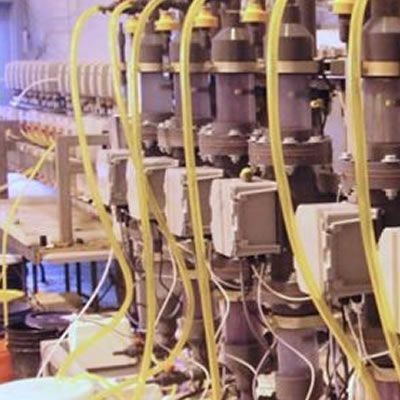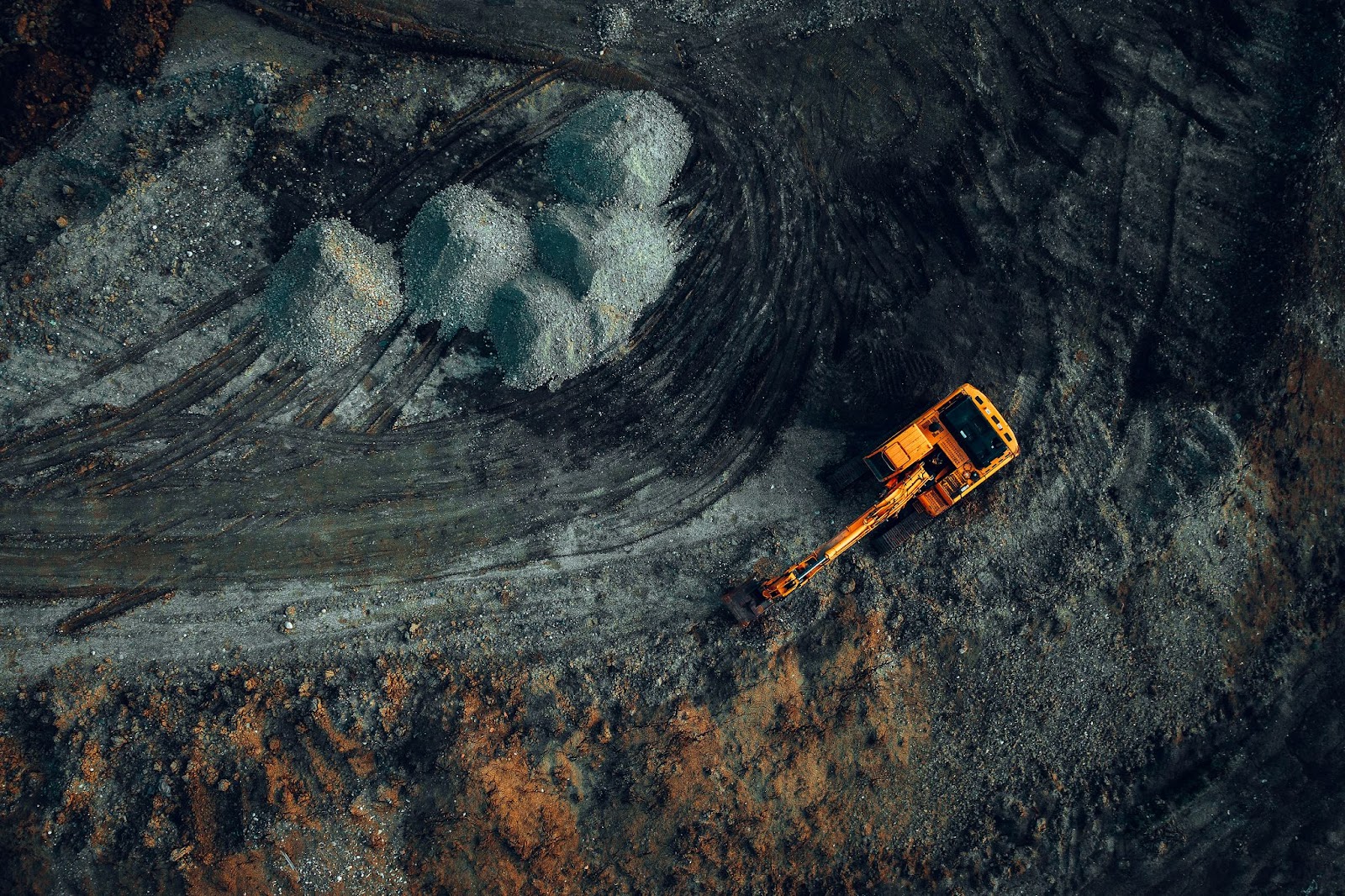Innovation Metals Corp. announces success with brine and battery-grade lithium carbonate

— Photo courtesy Innovations Metals Corp. TORONTO, Jan. 22, 2018 (GLOBE NEWSWIRE) -- Innovation Metals Corp. (“IMC”) is pleased to report on the su
— Photo courtesy Innovations Metals Corp.
TORONTO, Jan. 22, 2018 (GLOBE NEWSWIRE) -- Innovation Metals Corp. (“IMC”) is pleased to report on the successful separation of lithium from lithium brines, and the potential production of battery-grade lithium carbonate powders, using its proprietary RapidSX™ process for the low-cost separation of technology metals.
The patent-pending RapidSX process has previously been used to successfully separate rare-earth elements (“REEs”), nickel, cobalt, copper, tungsten, molybdenum and other metals to high purities, from various virgin and end-of-life feedstocks. The process was more recently applied to the separation of lithium from ‘real-world’ lithium brines, provided by a major international engineering company (the “Engineering Company”). The RapidSX process was originally developed as a result of IMC’s participation in a recent process-development program, funded by the US Army Research Laboratory, part of the US Department of Defense.
“Using the RapidSX process, we have been able to produce lithium carbonate powders with purities of >99.7% lithium, with respect to magnesium, potassium and calcium, impurities typically found in lithium brines,’ said Patrick Wong, CEO of IMC. “The final stage in the process is the removal of sodium from these materials; once this work has been completed, the result will be battery-grade lithium carbonate, and IMC will be poised to take the process to the pilot scale.”
A unique feature of the RapidSX approach to lithium-brine processing, is the avoidance of emulsion and other chemistry issues that typically arise when conventional solvent-extraction (“SX”) processes are attempted. IMC has worked closely with a major manufacturer of specialty reagents for mining and minerals processing, to identify the suitable chemistry required for the process.
Lithium carbonate is a critical precursor material for the production of cathodes and electrolytes for Li-ion batteries. Demand for Li-ion batteries is accelerating, driven by the growth in current and projected future production rates of electric vehicles and energy-storage systems.
“While our RapidSX approach is applicable to various forms of lithium and other feedstocks, we are particularly excited about its potential application to the in-situ processing of lithium brines,” commented Gareth Hatch, President of IMC. “Locating low-footprint, modular RapidSX processing systems on-site will enable certain end users to extract lithium from the lithium brines and then put the residual solutions back into the brines. Where practical, this will result in a closed-loop system that eliminates the need for evaporation ponds and the lengthy timescales required by current processing approaches. It also has the potential to increase lithium recoveries by 20-25%, since this is the amount typically lost in evaporation ponds.”
IMC estimates that the overall footprint for a 25,000 t/ year RapidSX-based lithium-brine processing plant would be less than 2,000 m2. Initial independent economic analysis of the IMC approach by the Engineering Company, indicates that the estimated capital expenditure required for such a plant would be in the region of US$60-70 million, significantly lower than for current, conventional approaches. IMC continues to work with the Engineering Company in the review of the ongoing test work and associated economics.
IMC’s approach is of particular interest for the processing of lower-grade lithium brines, where current processing approaches are uneconomic. The Company is also looking at alternative configurations for the processing of lithium brines, which would enable the capture of other valuable metals present. These credit metals would further reduce the overall costs associated with the new approach to lithium-brine processing. IMC plans to file a new patent application for the application of the RapidSX process to lithium-brine processing.
“This ability to process lithium brines is a welcome addition to IMC’s existing portfolio of processing solutions for the critical-materials supply chain,” said Mr. Wong. “IMC is actively engaged with various major engineering, mining and junior exploration companies, as we work to commercialize the RapidSX process for the production of metals of vital importance to numerous green-energy applications.”
Innovation Metals Corp. (“IMC”) is a private Canadian-based company and the developer of the RapidSX™ process, a patent-pending, low-cost approach to the separation of lithium, REEs, nickel, cobalt and other technology metals, via solvent extraction (“SX”). The company will provide low-cost separation capabilities to current and existing metal producers, assuring security of supply for end users and sovereign governments.




